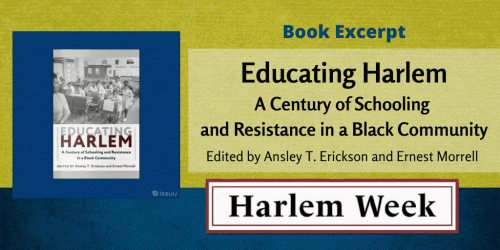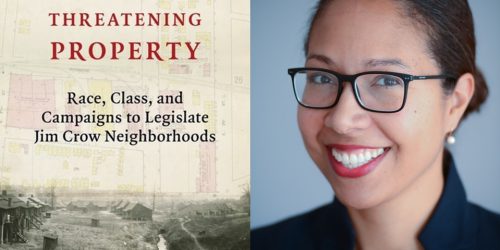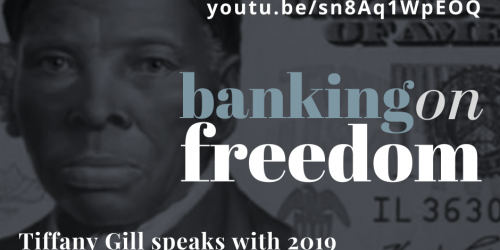What Can Be Learned from The Great Depression — A Post by Frederick Douglass Opie.
The following post is from Frederick Douglass Opie, author of Hog and Hominy: Soul Food from Africa to America.
After the further unraveling of the global economy in October of 2008, the jobless numbers will be much higher. In response, news shows have been doing stories on lessons learned from the Great Depression. Most of the talking heads focus on New Deal policies for resuscitating the economy after 1928. Let me suggest some strategies from the 1930s for putting food on your table during tough times. Many Americans turned to the New Deal relief programs started after Franklin D. Roosevelt was elected president in 1932. Federal food relief came in many forms—emergency food stations, surplus food distribution programs, soup kitchens, breadlines, and relief gardens. The federal government ran into two problems with its surplus food distribution program. First, states with an abundance of an item often still received shipments of that same item, yet found it difficult to receive what they lacked. Second, at times they gave away pork as meat rations, something that religious law forbade Muslim and Jewish Americans from eating.
However, one of the most successful New Deal policies was the relief gardens that produced vegetables that went toward the mass production of canned soup distributed as relief. Government relief gardens in communities hit hard by the coming recession would aid affected residents in various ways. The federal government could resurrect an agency like the New Deal’s Federal National Relief Agency (NRA). Today’s NRA would hire the unemployed with agricultural and business experience to convert blighted government owned spaces into relief gardens, and then work with local residents interested in creating and operating co-operative gardens. Tax relief could be given to people willing to allow relief gardens on their private property. The government would provide the local residents with a NRA staff, seed, top soil, fencing, gardening tools, training, and kitchen facilities for making soup and canning produce.
During the Depression people spent hours canning what they grew in their gardens. The canning insured produce during the long winter months in areas where cold did not permit year round gardening. In exchange for work hours, cooperative members would gain food credits to purchase co-op products. As people did during the depression, co-operative members today could barter products for other necessities. Those more individualistically minded can do what many people did during the depression; start vegetable and fruit gardens at home, and or transform small gardens into big ones. This summer I expanded my own garden in Westchester County, New York and saved a ton on produce and cooking herbs. From June to September the garden produced more than my family could eat so I gave its fruits away to neighbors. I am arguing that as a nation we need to return to the spirit of the African Americans I studied during the Depression: share whatever extra you have on your table with those who have less on theirs. For those without green thumbs, the government can encourage the use of local farmers markets with tax incentives for selling and buying locally. The NRA program I am suggesting for today is not a handout but a way for people to work out their food needs. In addition, it will clean up communities and reduce transportation cost and thus reducing greenhouse emissions. These are some of the food lessons I would apply from the Great Depression.







